A 48-hour ceasefire between Pakistan and Afghanistan was agreed upon on Wednesday. This came after the intense clashes erupted along the Pakistan-Afghanistan border following the Pakistani airstrikes on Afghan territory, including in the capital, Kabul, earlier in the week.
What is significant is that the Pakistani airstrikes coincided with the first visit to India by a Taliban leader, Foreign Minister Amir Khan Muttaqi, which resulted in an announcement by India to upgrade relations. This has no doubt caused concern in Islamabad.
Afghan Claims
Taliban spokesperson Zabihullah Mujahid claimed that Taliban forces killed 58 Pakistani soldiers in the attacks, while only nine from the Taliban side died.
The Taliban government’s Defence Ministry said its forces had conducted “retaliatory and successful operations” along the border. “If the opposing side again violates Afghanistan’s territorial integrity, our armed forces are fully prepared to defend the nation’s borders and will deliver a strong response,” said the ministry.
Speaking at a press conference in Delhi while on an official visit to India, Muttaqi denied that Afghanistan was giving shelter to TTP fighters. “There is no safe haven for TTP in Afghanistan,” he said.
As aforesaid, Muttaqi said the situation along the Afghan-Pakistan border was now “under control” and that allies Qatar and Saudi Arabia had reached out to “express that the war should stop”.
“Afghanistan has the right to keep its territory and its borders safe, and so it has retaliated to the violation,” he said. “We achieved the objective of our retaliatory mission … so from our end, we have stopped.”
Impact Shorts
More ShortsThough he sent a strong message to Pakistan, the dialling back of rhetoric and a bid to reduce tensions seem to be due to diplomatic pressure and statements from Saudi Arabia and Qatar urging de-escalation.
Pakistan’s Response
Following Pakistan’s retaliatory strikes—including gunfire and ground raids on Afghan Taliban positions along the border—the military’s media wing reported that 23 soldiers were killed and 29 others wounded in the attacks. Pakistanis claimed that 200 “Taliban and affiliated terrorists” from the Afghan side were killed in their retaliatory strikes and that terrorist training camps had been dismantled. They also accused the Afghan Taliban of launching attacks to “facilitate terrorism”. “Exercising the right of self-defence, the alert armed forces of Pakistan repelled the assault decisively all along the border and inflicted heavy casualties on Taliban forces,” said the statement.
Ishaq Dar, who is Pakistan’s Deputy Prime Minister and Foreign Minister, said on X that the “Afghan strikes” marked “a serious provocation”. He said Pakistani forces had struck Taliban infrastructure and militant groups operating in Afghanistan. Adding to it, he said, “We will not tolerate the treacherous use of Afghan soil for terrorism against Pakistan … the state of Pakistan will not rest until the menace of terrorism emanating from Afghanistan is completely eliminated.”
Pakistan Prime Minister Shehbaz Sharif said he “strongly condemns provocations” by Afghanistan. “There will be no compromise on Pakistan’s defence, and every provocation will be met with a strong and effective response,” Sharif said in a statement, accusing Taliban authorities in Afghanistan of allowing their land to be used by “terrorist elements”.
The clashes have led to the closure of two key crossings between the two countries. “The north-western Torkham and south-western Chaman crossings have been shut since 2 am (local time) Sunday for all kinds of movement until further order due to the ongoing tense situation at the Pakistan-Afghanistan border,” an official said on condition of anonymity due to restrictions on speaking to the media.
Habib Bangalzai, Deputy Commissioner of Chaman, confirmed the closure of the Chaman crossing. Bangalzai told reporters that additional security force contingents have been deployed on the border due to the ongoing hostilities. Afghanistan’s private broadcaster Tolo News also confirmed that the Torkham and Chaman-Spin Boldak crossings were closed.
Pakistan and Afghanistan share eighteen border crossings, with Torkham and Chaman serving as the key points for trade and people’s movement.
Resurgent Violence
Militancy has increased in north-western Khyber Pakhtunkhwa since the withdrawal of US-led troops from Afghanistan in 2021, which saw the return of the Taliban government. But Taliban 2.0 has not panned out the way Taliban 1.0 did as far as its relationship with Pakistan is concerned. There is no doubt that relations between the two countries have deteriorated dramatically in the four years since the takeover of Afghanistan by the Talibani forces.
The vast majority of attacks are claimed by the Pakistani Taliban (Tehreek-e-Taliban Pakistan), which is a separate group but allegedly retains links with the Afghan Taliban, and Islamabad claims the group operates from Afghan soil with impunity.
Pakistan and Kabul tried to reset their relationship. In April, Pakistan’s Deputy Prime Minister Ishaq Dar visited Kabul, with senior leadership on both sides holding a series of meetings, often mediated by China. That process led to upgraded diplomatic ties and a brief lull in violence over the summer.
Conclusion
The situation along the 1,600-mile (2,600 km) rugged and mountainous border between the two countries, known as the Durand Line, which is contested by Afghanistan, has now become volatile.
Since the Taliban returned to power in Afghanistan in 2021, the Pakistan government has accused them of giving shelter to the TTP, who are behind a deadly rise in insurgent attacks in Pakistan’s border region of Khyber Pakhtunkhwa.Whereas the Taliban maintain that Pakistan itself is responsible for its own crises. Relations have deteriorated, with both sides accusing the other of violating sovereignty and harbouring militants.
In keeping with this, Taliban spokesperson Zabihullah Mujahid on October 12 , accused Pakistan of sheltering IS fighters from multiple countries in West Asia and said Pakistan based IS elements were behind the attacks in Russia and Iran. Pakistan unfortunately must face the reality that a sword can cut either way.
But the clashes signal a new low in Afghan-Pakistan relations, which have become increasingly hostile.
Saudi Arabia, with whom Pakistan has just signed a mutual defence agreement, stated on X, “The Kingdom of Saudi Arabia follows with concern the tensions and clashes witnessed in the border areas between the Islamic Republic of Pakistan and the State of Afghanistan.”
For Pakistan which is besieged by an ongoing uprising in Balochistan an unrest in Khyber Pakhtunkhwa or (KP), as well as the latest troubles in Pakistan-occupied Kashmir (PoK) the clashes with Afghanistan add to its fault lines which are not being addressed and have the potential to spiral out of control. It is imperative for Pakistan to therefore put its own house in order.
Michael Kugelman, a South Asia analyst based in Washington DC, described the border situation as “precarious”. He emphasised that while the cash-strapped Taliban in Afghanistan “lacks the capacity to fight the Pakistani military head-on”, he said that; “The risk is that its recent strikes in Afghanistan will galvanise TTP to carry out reprisals, which could invite further and perhaps more intense Pakistani operations in Afghanistan,” said Kugelman.
Although US President Donald Trump, speaking to reporters as he departed for the Middle East, claimed he is “good at solving wars”, there appear to be no easy long-term solutions despite the mediated pause between the two nations.
The author is a retired Major General of the Indian Army. Views expressed in the above piece are personal and solely those of the author. They do not necessarily reflect Firstpost’s views.


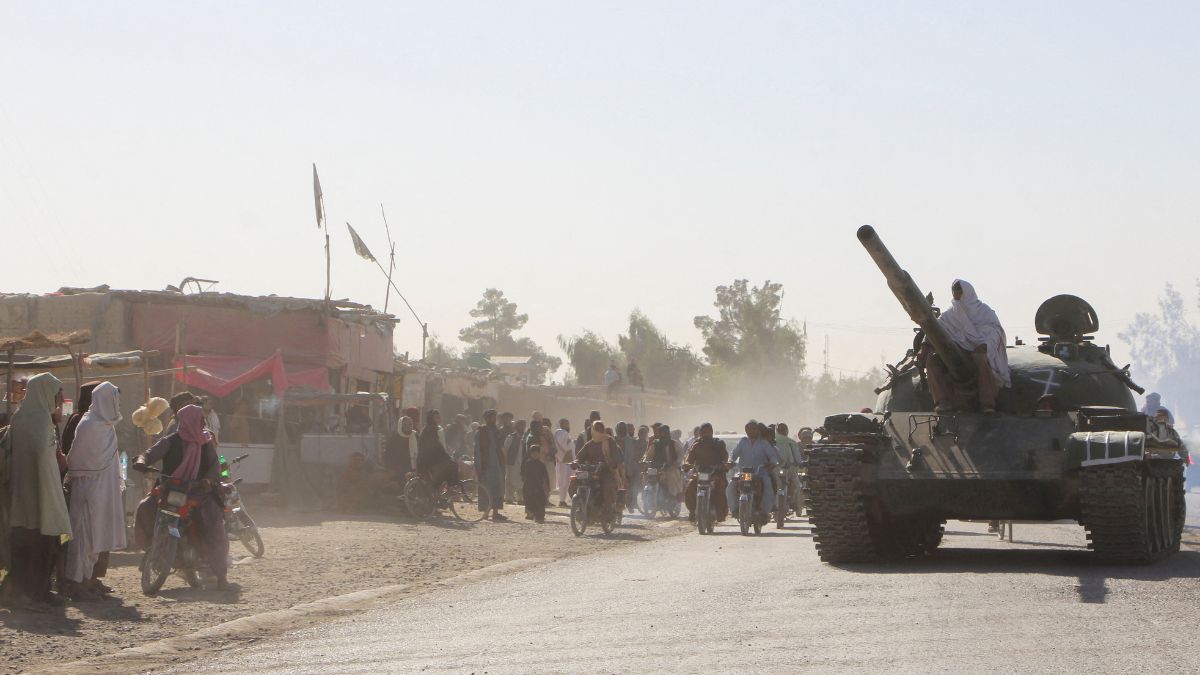)
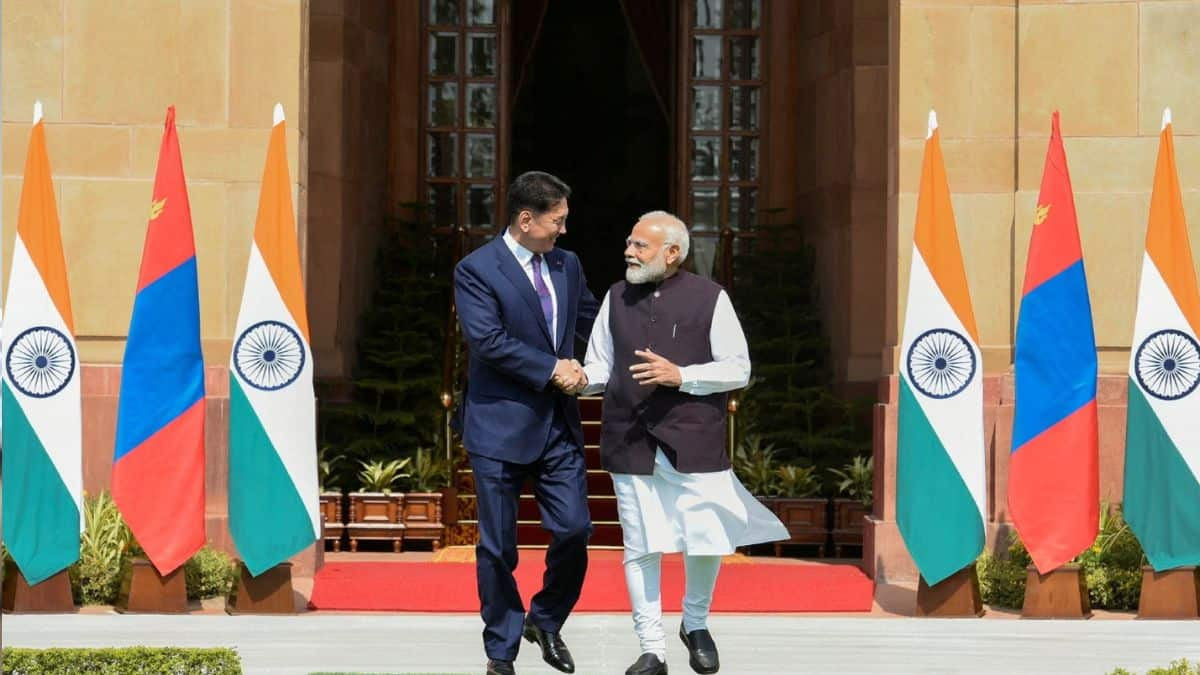
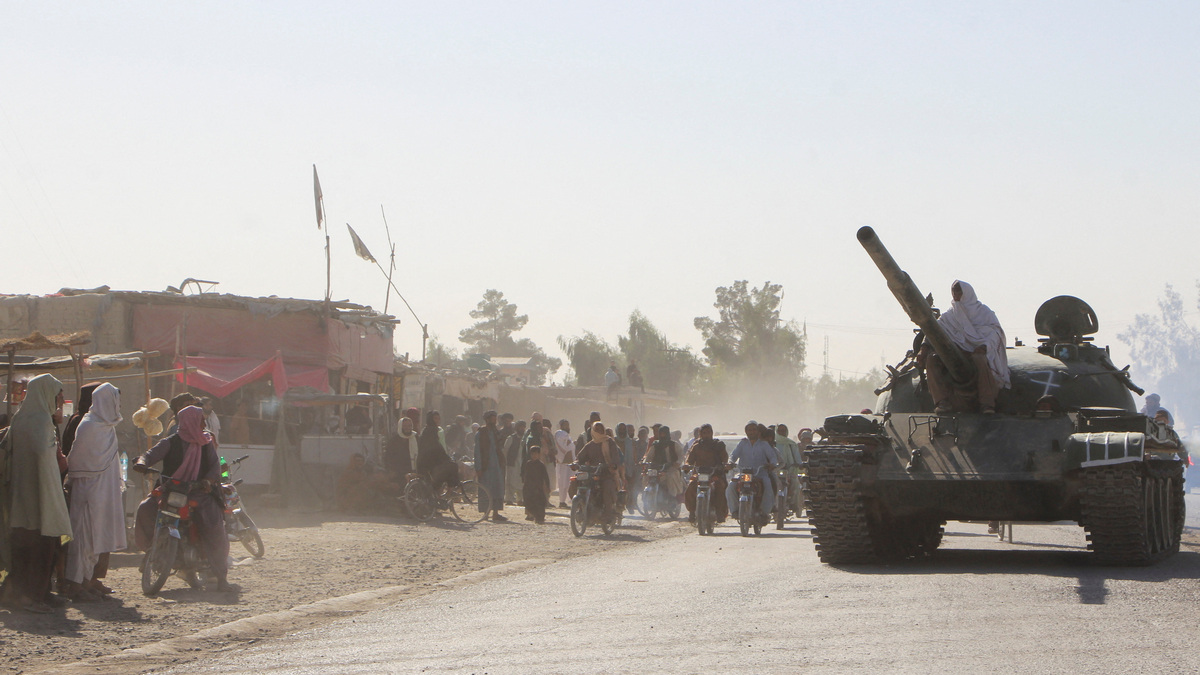)
)
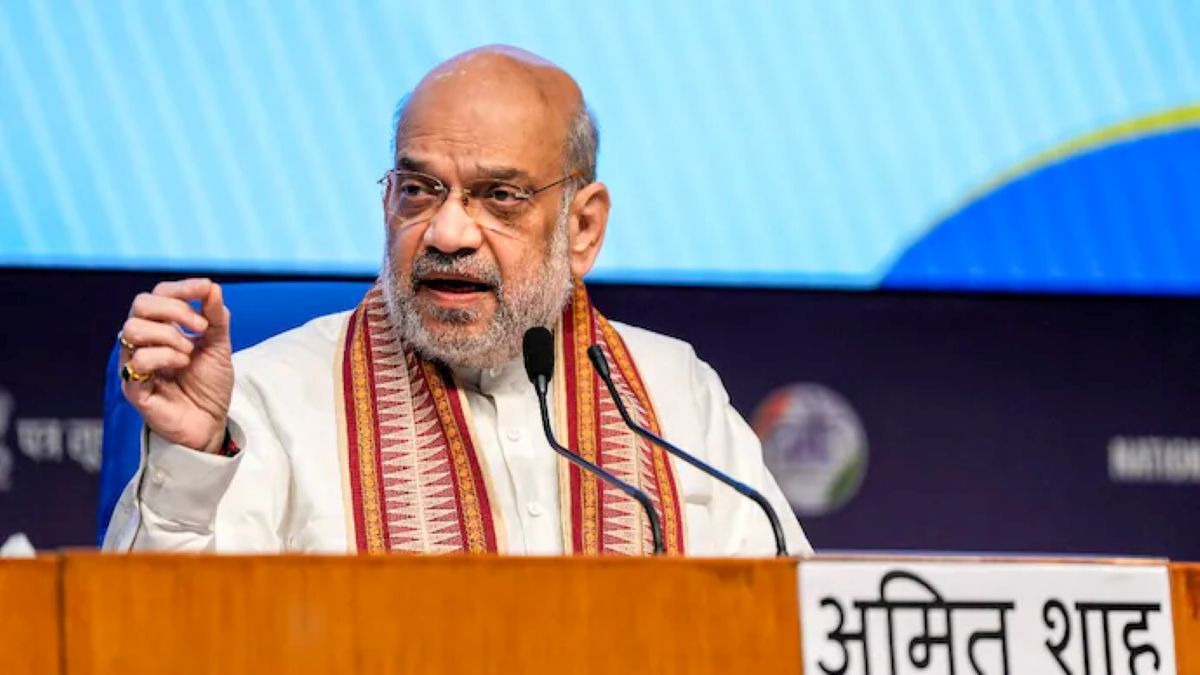)
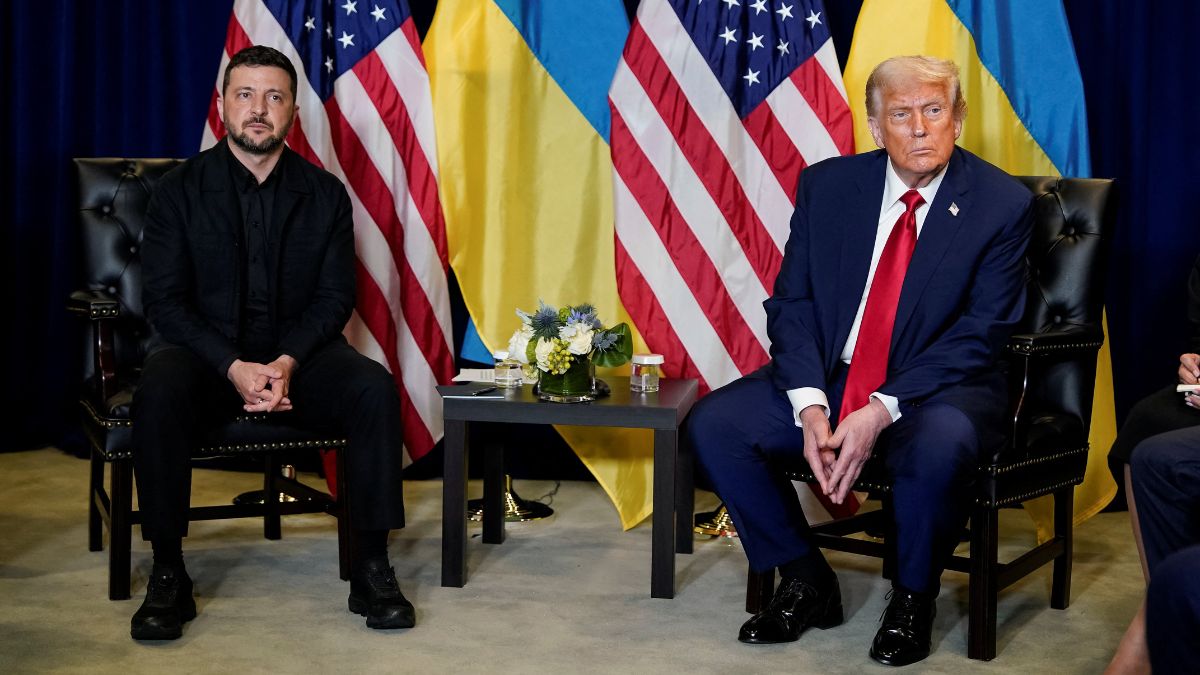)
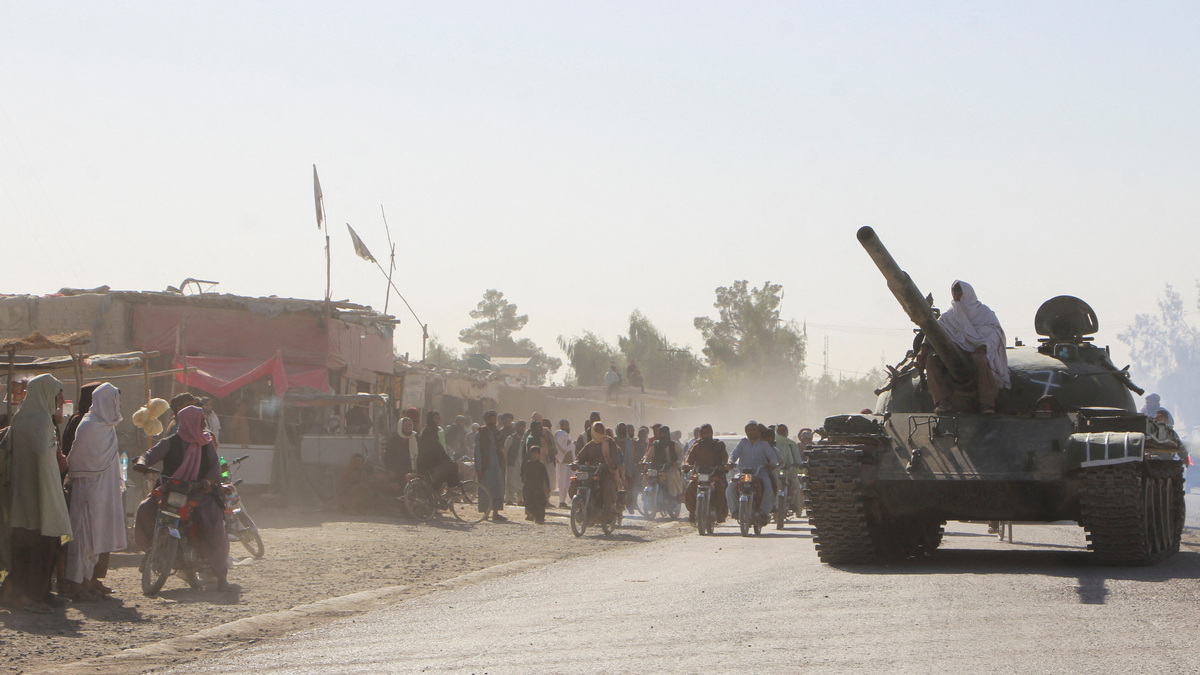)
)
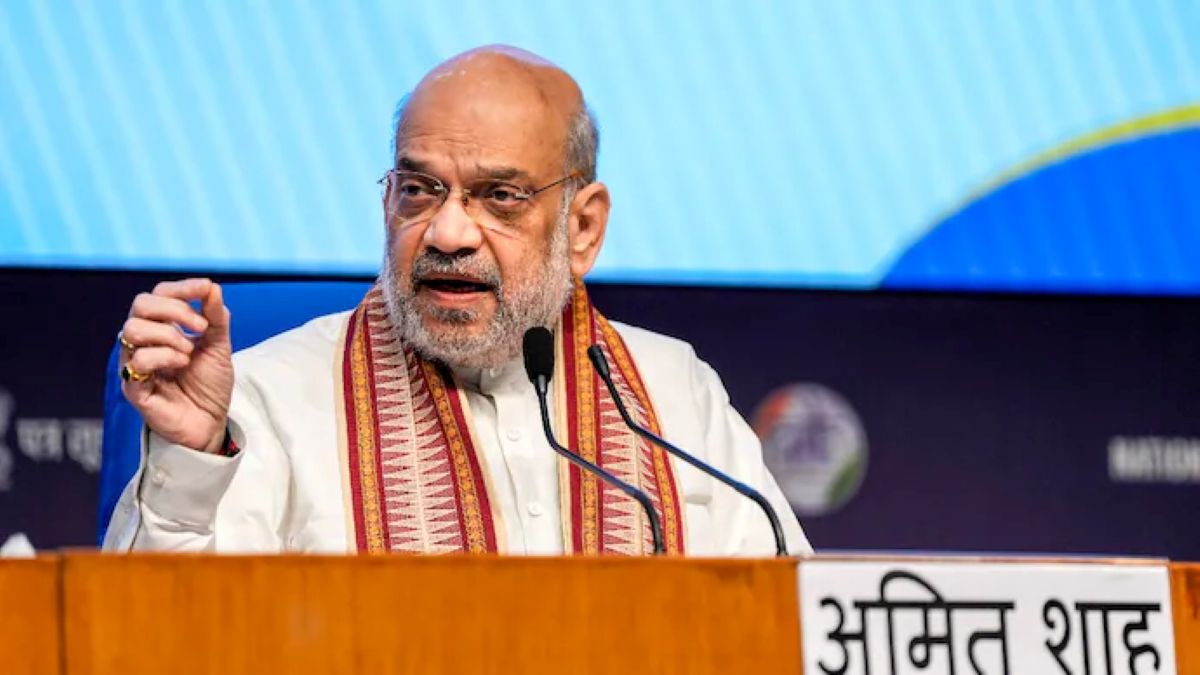)
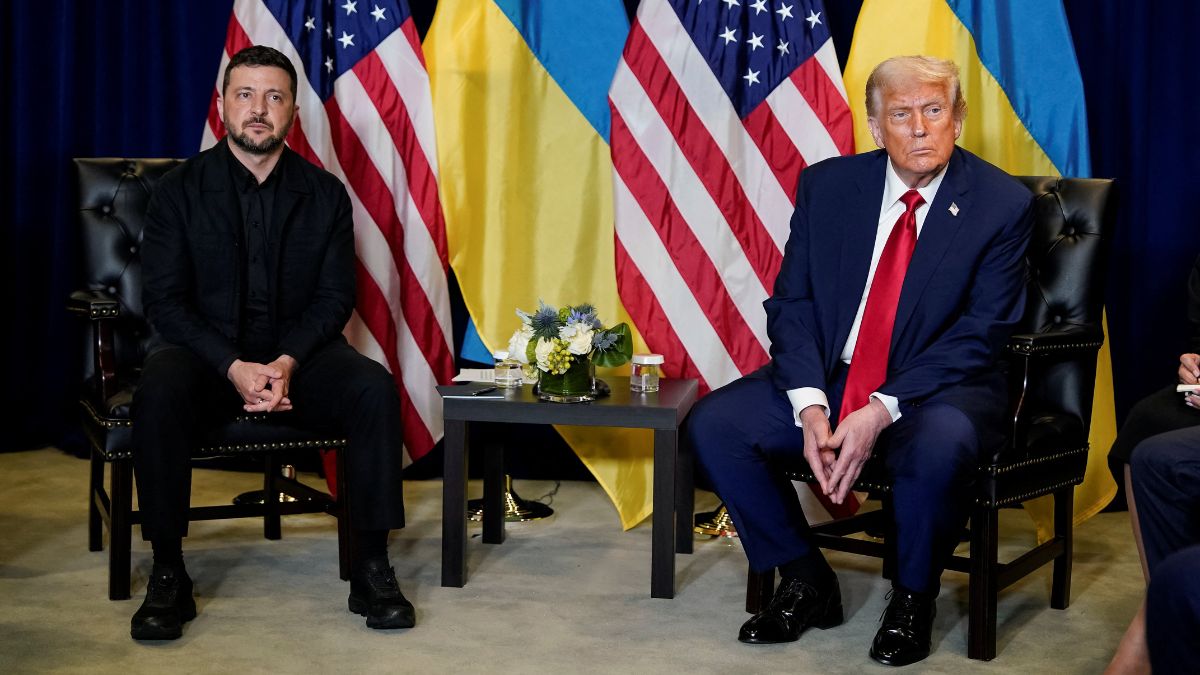)



